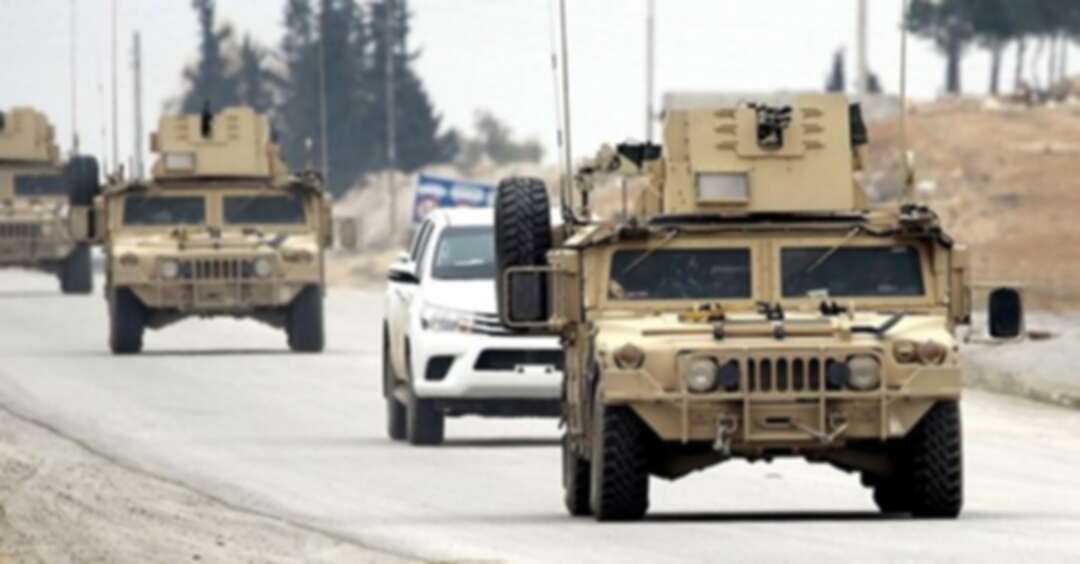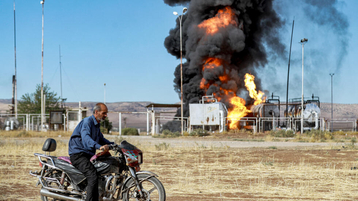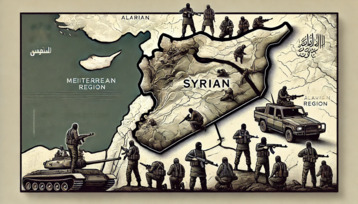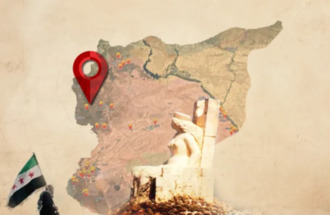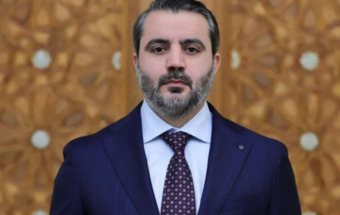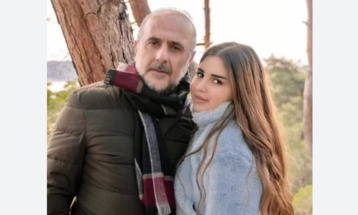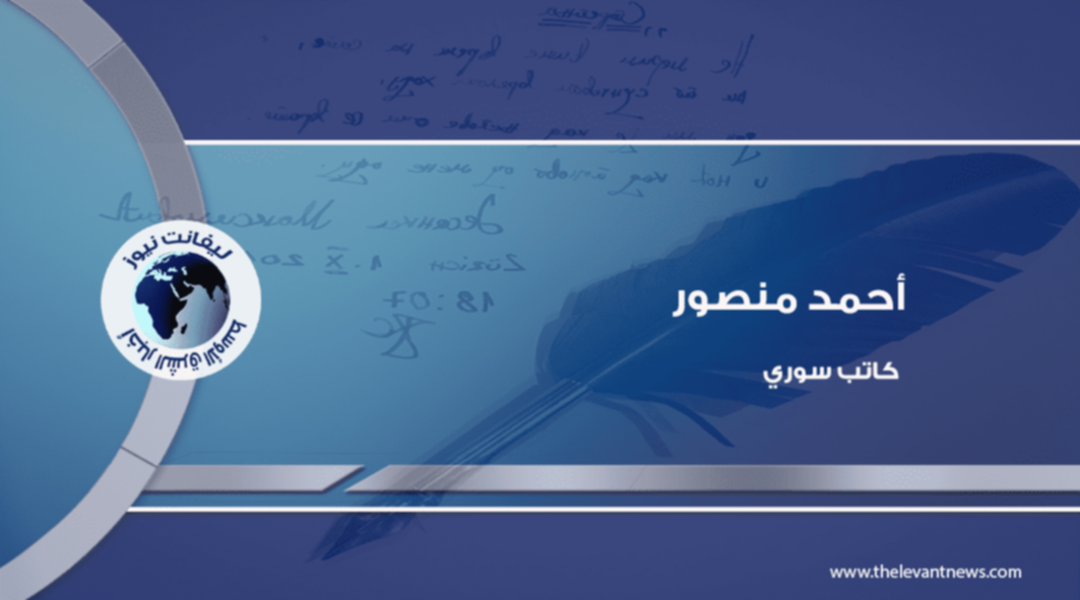-
Syrian President al-Assad’s uncle on trial in France on graft charges
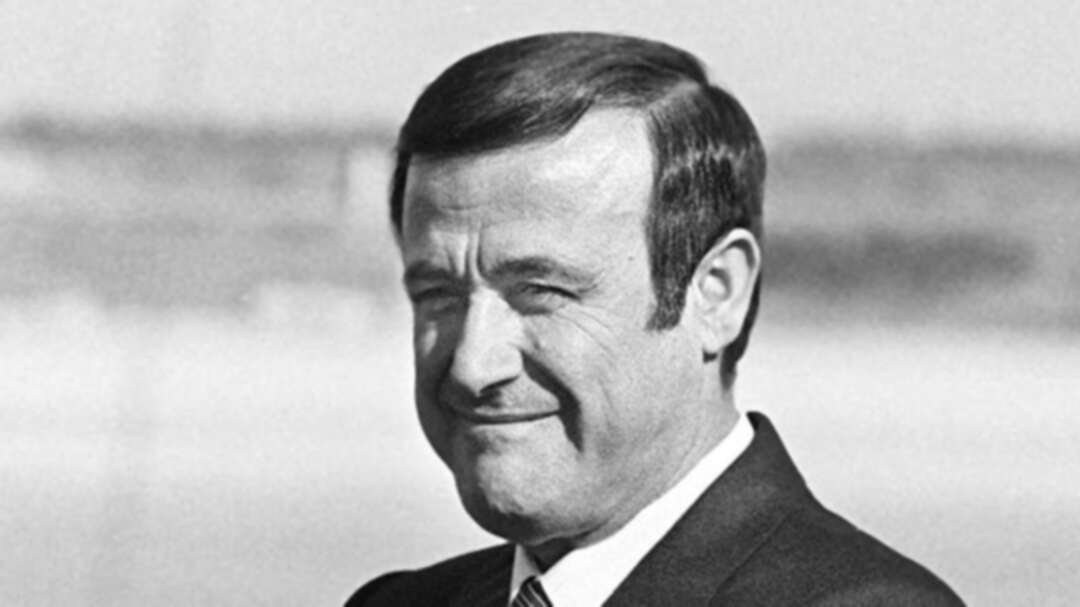
The uncle of Syrian President Bashar al-Assad is set to go on trial in Paris Monday on charges of building up a property empire in France using funds from Syrian state coffers.
Rifaat al-Assad, dubbed the “Butcher of Hama” for allegedly commanding troops that put down an uprising in central Syria in 1982, has been under investigation in France since 2014.
This year, an investigating magistrate ordered he stand trial for organized money laundering in building a 90-million-euro ($99.5-million) property portfolio in France.
But the dock will be empty: the 82-year-old accused - younger brother of Syrian ex-president Hafez al-Assad - will miss the trial “for medical reasons,” his lawyers told AFP.
The trial, scheduled to last until December 18, concerns crimes allegedly committed between 1984 and 2016, including aggravated tax fraud and misappropriation of Syrian funds.
Assad, who splits his time between France and Britain, denies the charges.
Formerly Syria’s vice-president, Assad left Syria in 1984 after mounting a failed coup against his brother Hafez, Bashar’s father, who led Syria from 1971 to 2000.
After he arrived in Europe, Rifaat al-Assad’s lavish lifestyle, four wives, and 16 children soon raised eyebrows.
His reported French fortune includes two Paris townhouses, one measuring 3,000 square meters (32,000 square feet), as well as a stud farm, a chateau and 7,300 square meters of office space in Lyon.
He and his family built up a huge portfolio of 507 properties in Spain, valued at around 695 million euros, Spanish legal documents show. All his properties in that country were seized by the authorities in 2017.
Assad has maintained that his lifestyle was made possible by gifts from the Saudi Arabian royal family that amounted to more than a million dollars per month.
But despite documents from Assad’s lawyers meant to justify gifts of almost $25 million between 1984 and 2010, French investigators registered transfers of only $10 million from Saudi Arabia.
source: AFP
You May Also Like
Popular Posts
Caricature
opinion
Report
ads
Newsletter
Subscribe to our mailing list to get the new updates!

